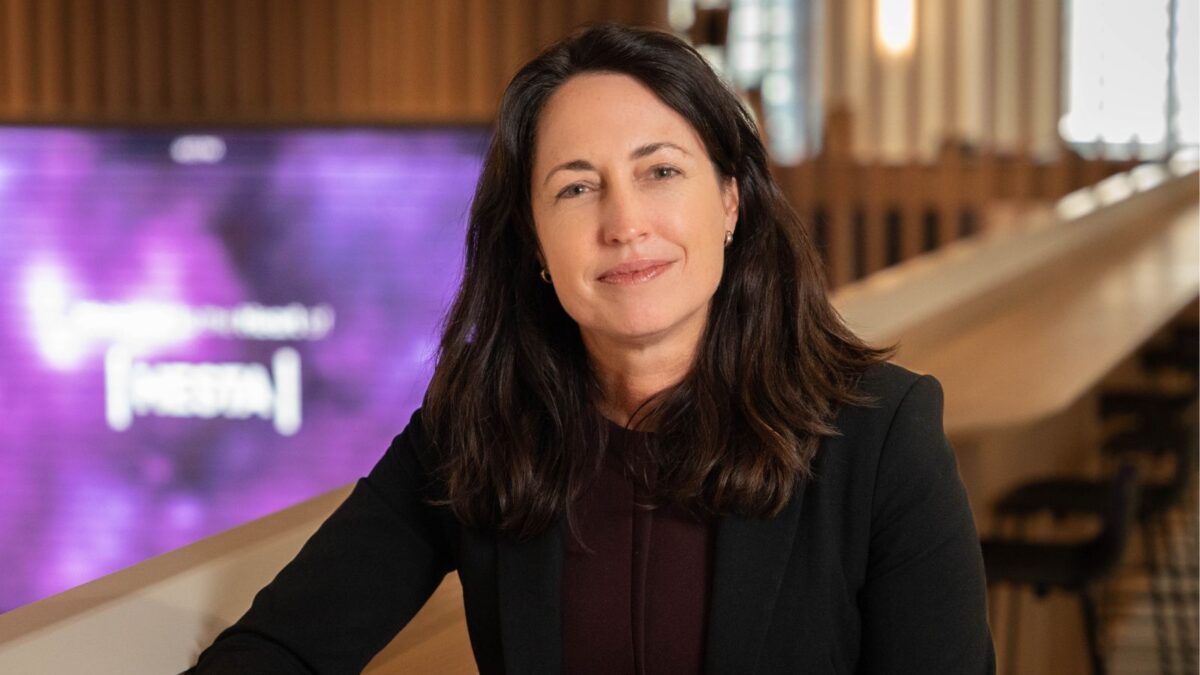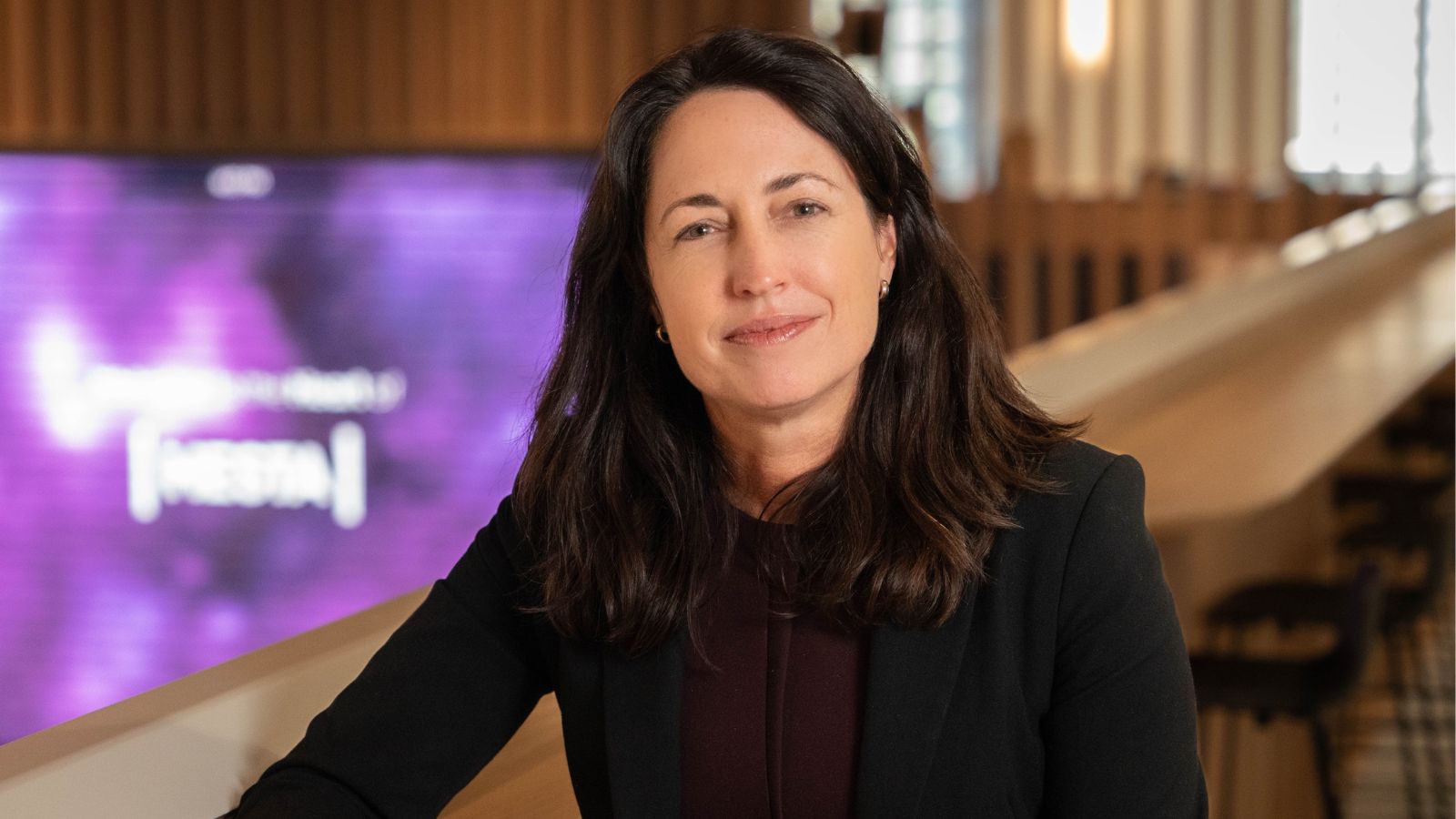NZ Super gets serious about climate change
(pictured: Adrian Orr)
In a “significant and fundamental shift” in strategy, the NZ$31 billion (A$29 billion) New Zealand Superannuation Fund is to implement a four-part plan to cut the fund’s exposure to both fossil fuel reserves and carbon emissions.
Adrian Orr, the fund’s chief executive, said last week that climate change was a material investment issue with risks for long-horizon investors.
He said: “In coming years the global energy system will transition away from fossil fuels. Some assets we invest in today may become uneconomic, made obsolete or face a dwindling market.
“Reducing the fund’s exposure to these risks and to the physical impact of climate change is good for the portfolio, and consistent with our mandate to maximise returns without undue risk.
“Climate change, and the coming transition to a low-carbon energy system, also present investment opportunities for long-term investors that we intend to capture.”
The fund will implement the four-part strategy of carbon footprint reduction, analysis, engagement and searching for new investment opportunities – applied across the entire portfolio.
The reduction in exposures to fossil fuel reserves and carbon emissions will be achieved through ongoing engagement with companies, building carbon measures into the fund’s investment model, targeted divestment of high-risk companies and reduction of other relevant portfolio exposures.
The fund will incorporate climate change considerations into investment analyses and decisions, for example into valuation models, risk allocation and manager selection. The fund will also report its carbon footprint annually.
Orr said: “We will continue to manage climate risks by being an active owner, including prioritising climate change engagements, developing our voting policy and directing our investment managers to vote according to our instructions on climate change resolutions.
“Importantly, we will intensify our efforts to actively seek new investment opportunities in the areas of alternative energy, energy efficiency and transformational infrastructure.”
The fund’s guardians (trustees) studied climate change strategies from big European pension funds AP4, PGGM and other global investment leaders in developing its approach. A 2015 climate change study by Mercer, partly funded by the NZ Super, was also an important part of the strategy development process.
“Our strategy and the actions we take will evolve over time as investment markets become more sophisticated on climate issues, and more tools and data become available,” Orr said.









